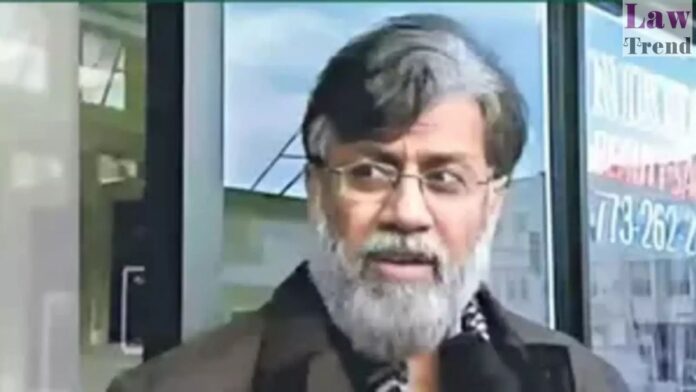In a recent ruling, a Delhi court has denied Tahawwur Hussain Rana, the accused in the 26/11 Mumbai attacks, the opportunity to communicate with his family during his custody period. The court’s decision came after considering the arguments presented by both Rana’s defense and the National Investigation Agency (NIA), which is currently interrogating him.
Rana, who was extradited from the United States after a lengthy legal process, sought the court’s permission to contact his family, claiming it was his fundamental right to communicate with them, especially given their concern for his well-being while under custody in India. However, his plea was opposed by the NIA, which argued that allowing Rana to communicate could potentially lead to the sharing of crucial information pertinent to their ongoing investigation into the broader conspiracy of the Mumbai attacks.
The special Judge, Chander Jit Singh, succinctly denied the request, stating simply, “Not allowed.” The court was informed by the NIA that their investigation is currently at a critical stage, although specific details were not disclosed.
Rana is being held under strict surveillance at the NIA’s high-security facility at the CGO complex in New Delhi. He has been granted access to legal counsel provided by the Delhi Legal Services Authority (DLSA) every other day and undergoes medical examinations every 48 hours. The authorities have also accommodated some of his personal requests, including providing him with the Quran, as well as pen and paper.
The NIA’s case against Rana includes allegations of his involvement with David Coleman Headley, an American national who is already serving a prison sentence in the U.S. for his role in the attacks. According to the agency, Rana had discussions with Headley about the Mumbai operation, which also implicated other individuals, including Ilyas Kashmiri and Abdur Rehman, believed to be in Pakistan.




